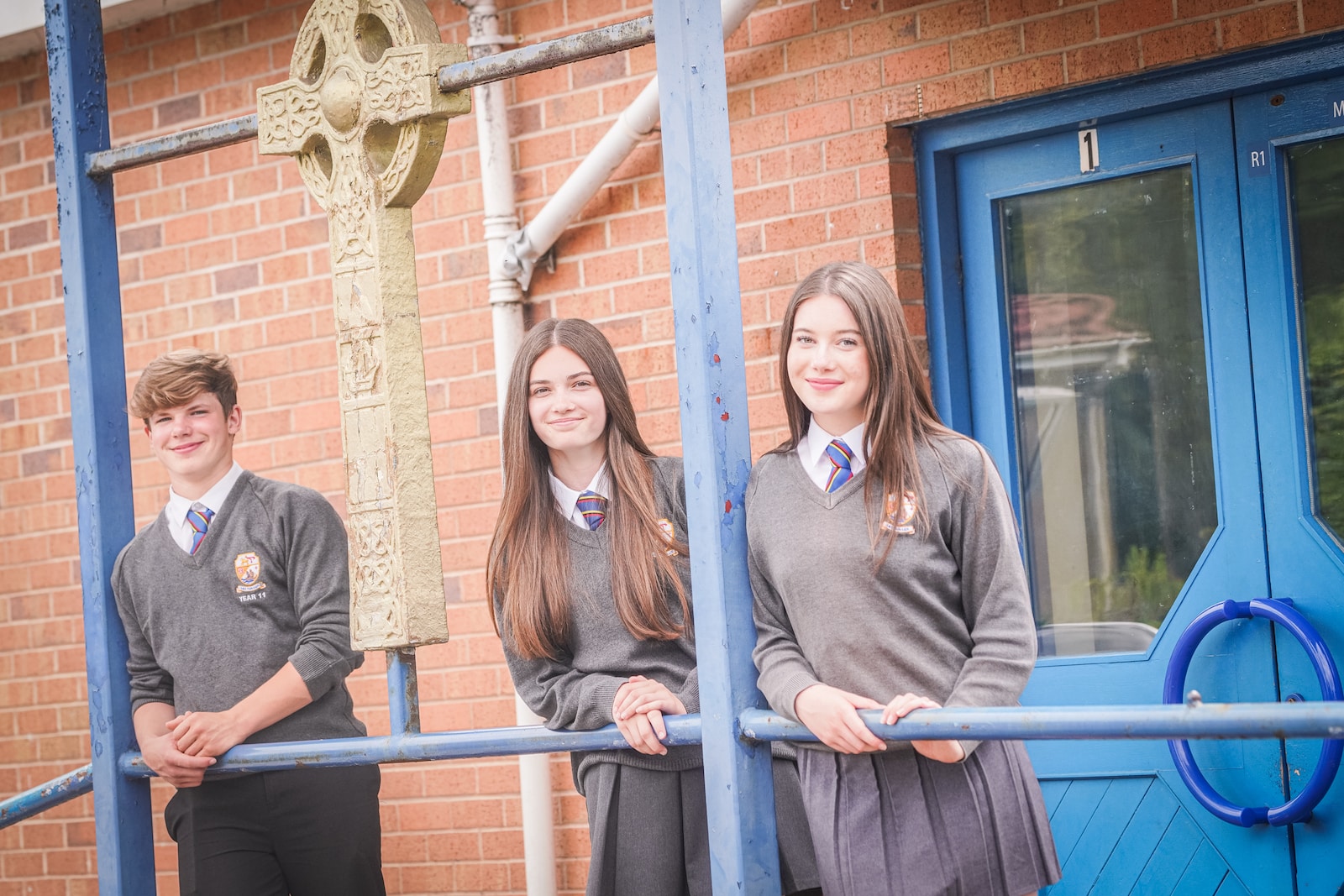At St Bede’s Catholic High School, we aim to create the best experience for all pupils in Physical Education. We offer a broad and balanced curriculum to ensure that pupils develop competence to excel in a wide range of physical activities. We ensure pupils are active for sustained periods of time and are engaged in competitive sports and activities. We aim to equip pupils with the skills and knowledge required to lead healthy active lifestyles.
Our curriculum is divided into three pillars of progression:
- Motor Competence – pupils develop fluency in a wide range of specialised motor movements that become increasingly more complex.
- Rules Strategies and Tactics – pupils know and can demonstrate rules, tactics, and strategies in order to be successful across a wide range of sports.
- Healthy Participation – pupils know and can demonstrate how to safely prepare for and participate in sport and physical activity.
Our curriculum is well matched to the context of the school, we aim to bridge the gap between various social groups. Lessons are carefully planned so pupils know more, can do more, and remember more. Where possible pupils’ knowledge is flexible, it can be transferred and re-visited in similar activities. The development of vocabulary within lessons is also a key component of our curriculum. Our curriculum has been designed to develop both composite and component knowledge.
Core PE
Pupils receive 4 x one-hour lessons across a two-week timetable. They will study nine modules per year from the following activities:
- Athletics
- Cricket
- Dance
- Fitness Training
- Football
- Handball
- Netball
- OAA – Orienteering
- Rugby
- Rounders
- Table Tennis
- Trampolining
Core PE
Pupils in Year 10 receive 3 x one-hour lessons across a two-week timetable. They will study nine modules. Pupils in Year 11 receive 3 x one-hour lessons in total across a two-week timetable. They will study a minimum of 7 modules before the summer examination series. Both year groups will be taught a selection from the following activities:
- Athletics
- Cricket
- Dance
- Fitness Training
- Football
- Handball
- Netball
- OAA – Orienteering
- Rugby
- Rounders
- Table Tennis
- Trampolining
The curriculum is sequential, building upon previous learning and skills to promote progress of new skills and knowledge. KS4 builds on KS3 to advance learning and challenge pupils in their activities.
GCSE PE
Exam Board: OCR
- Theory Exam: 60%
- Written Coursework: 10%
- Practical Coursework: 30%
Exam Content
- Component 1
Written Theory Examination (1 hour) = 30%
- Component 2
Written Theory Examination (1 hour) = 30%
- Component 3:
Section 1: practical assessment of three sports (one individual sport, one team sport and one sport from the approved DFE (Department for Education) GCSE PE list. = 30%
Section 2: Written analysis of performance coursework = 10%
Physical Education promotes Catholic Social Teaching in a variety of ways. Sportsmanship is celebrated within lessons, and students are encouraged to make a positive contribution within school and the wider society. Leadership opportunities are available for those students who would like to give something back to the community. Pupils regularly support events for primary and secondary school children.
Pupils have an awareness of the needs of the wider society and have raised money for charity through charity football matches. In recent years we have supported The National autistic Society and Lancashire Mind.
Solidarity amongst pupils is an important part of PE. Being a team player and working collaboratively with others is a big part of our PE curriculum. Respect for the others and the environment in which students works is highly valued.
We offer a wide variety of enrichment activities for pupils. Primarily these are in the form of lunchtime clubs, afterschool clubs and inter-school competition within West Lancashire and Lancashire. Activities that usually feature regularly within a typical school year are:
- Football
- Handball
- Living for Sport
- Netball
- Rugby
- Table Tennis
- Trampolining
- Athletics
- Dance
Pupils are also offered leadership opportunities which take place in school and within the wider community.


